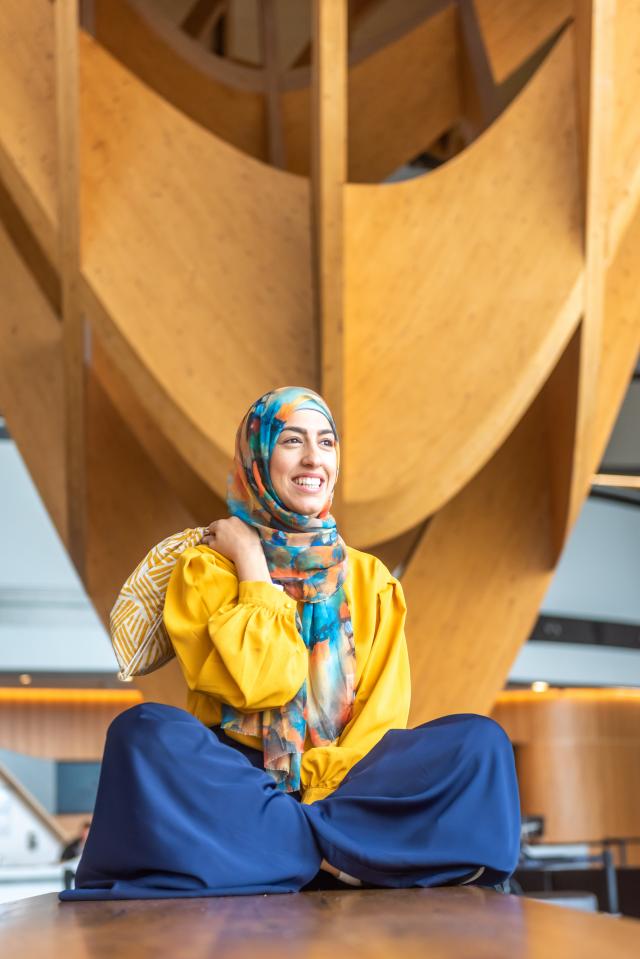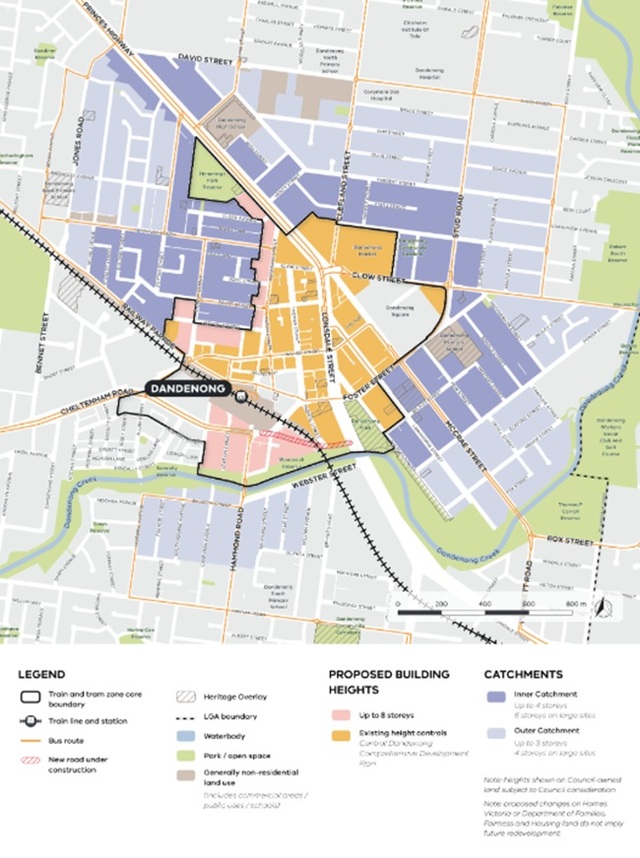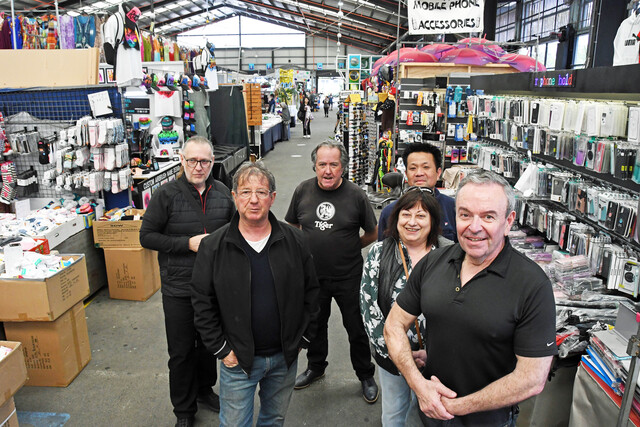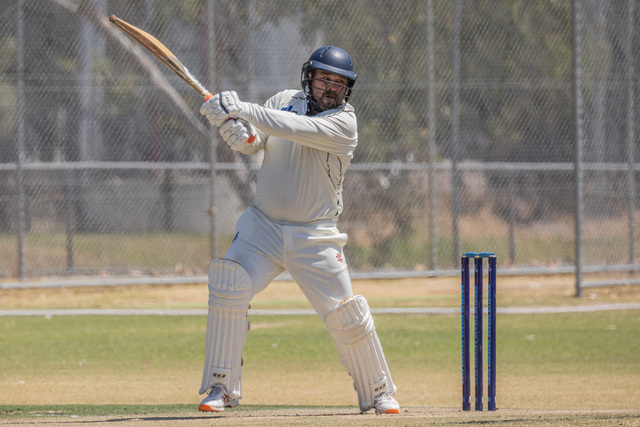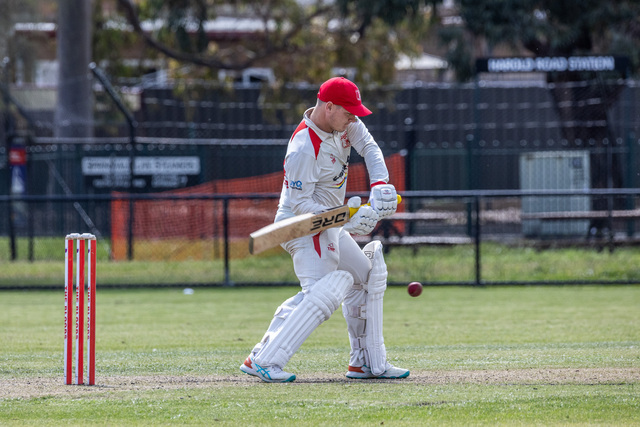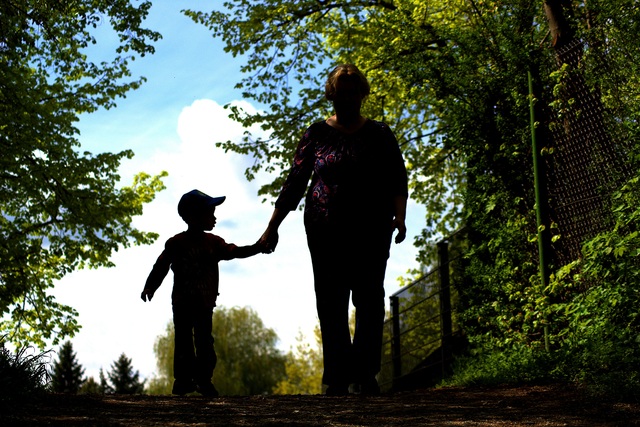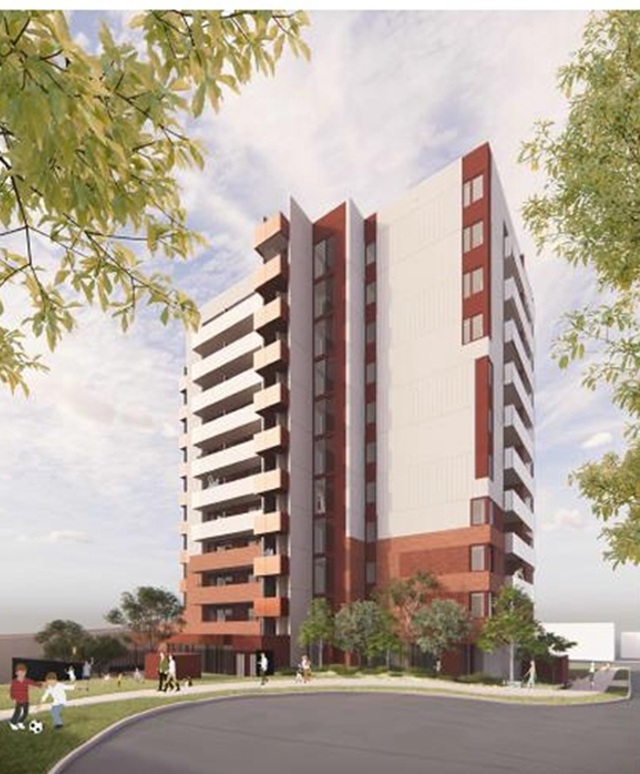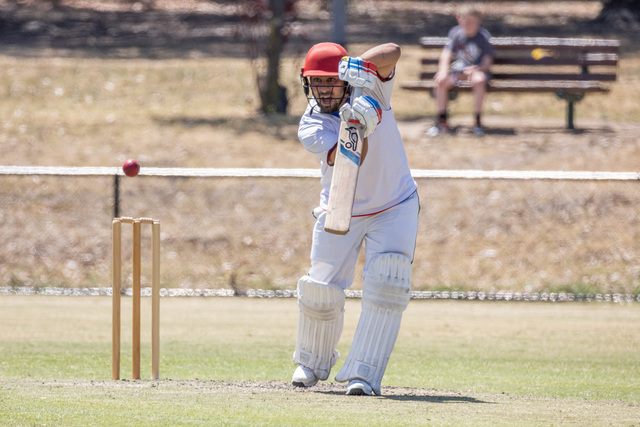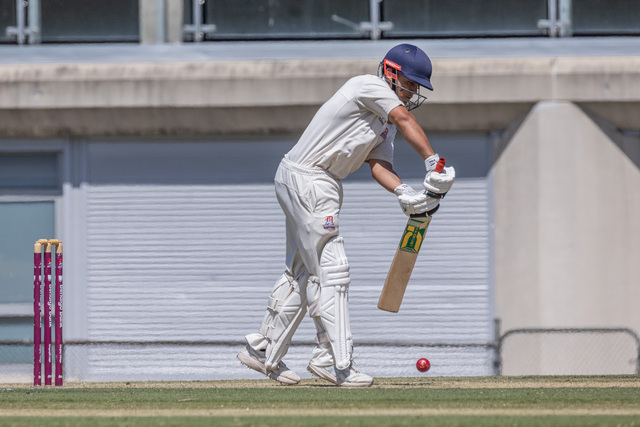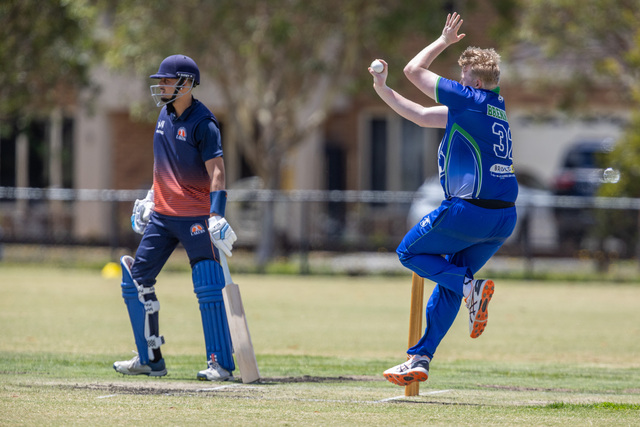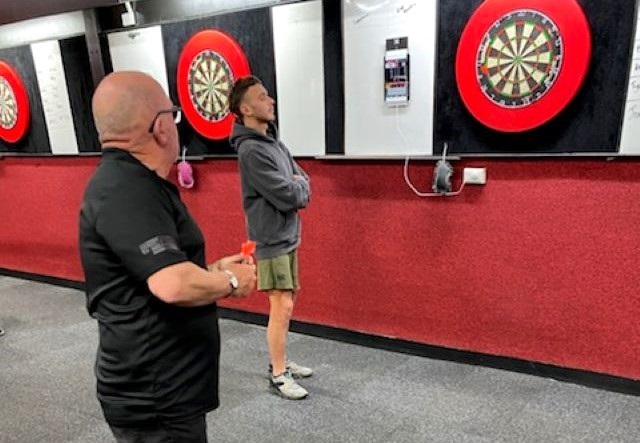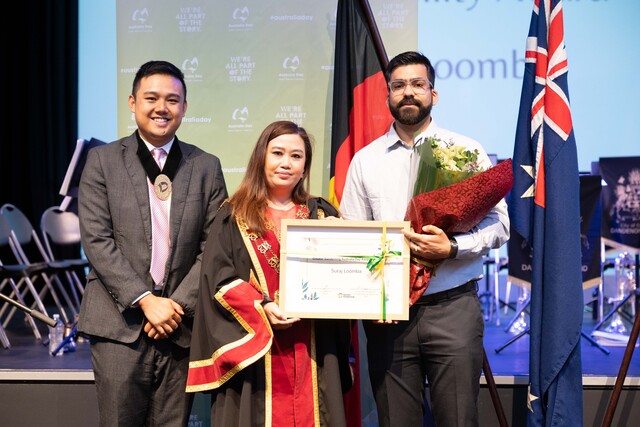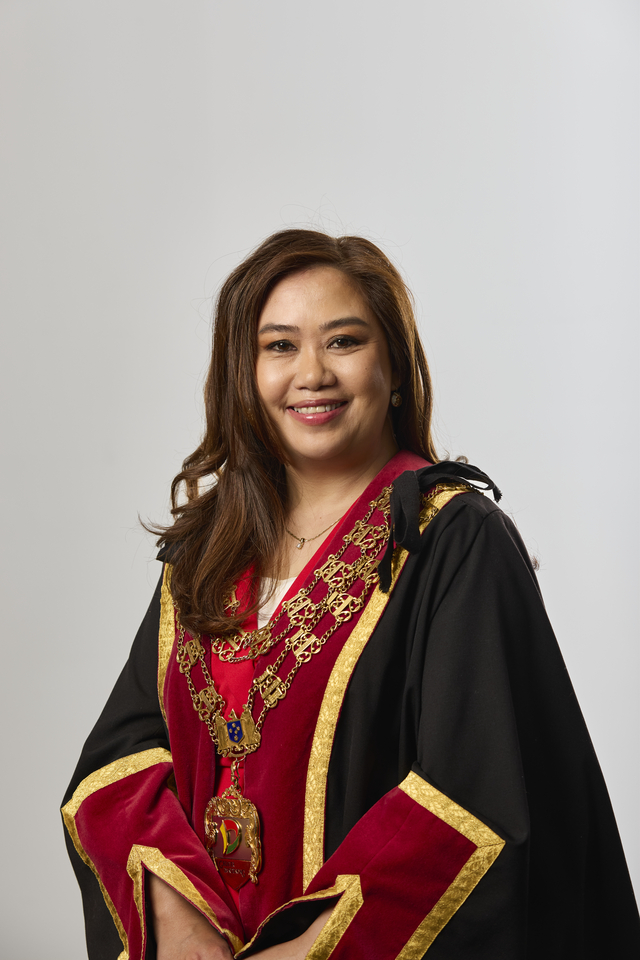A passionate group of artists is aiming to provide a platform for people from CALD backgrounds in arts and culture.
Starting as an award-winning project, the Bukjeh group was formed by artists from CALD backgrounds to share stories of refugees and displacement of the First Nations people from their own land, artistically.
“Bukjeh” in Arabic means a sense of belonging for refugees to gather around after fleeing their homelands.
“But it’s also a bukjeh in which those who are here can gather, a bukjeh of emotions and culture,” founder Aseel Tayah said.
Ms Tayah joined the Emerging Cultural Leaders program in Footscray and Bukjeh was born from an exhibition based on her curiosity of what people brought with themselves when they came to Australia.
“I did an art exhibition asking people about that and shared it with songs and theatre. Since then I received many other opportunities to create much more.
“Once I saw the beauty of having and engaging many other people that’s when I started inviting other artists, other storytellers and practitioners to share their experience as well.”
Not only does the organisation bring people from the community together to connect over bukjeh, but it also aims to raise awareness and representation of people of CALD background in the Arts and Culture field.
“I’ve heard a lot from big people in the arts and culture that our people don’t have capital that’s why they don’t exist in the programming,” Ms Tayah said.
“Even though we are among the most spoken languages in the country I feel the lack of representation in spaces and I try to balance that with our works in arts and theatre.
“I cannot listen to that and accept the fact that we don’t exist.
“We are a walking culture everywhere. That’s who we are. We cannot be ignored from the mainstream.”
Now she is on a mission to ensure that sentence is not “applied and spoken again.”
Ms Tayah migrated to Australia from Palestine a decade ago and was in awe of not just a different world but also the diversity within.
“I come from a country that has either Palestinian or Israelis but in Australia there’s everything and that’s richness that some people see as barriers.
“When I first arrived many people told me you’re a hijabi (person who covers their head with a scarf) you will never get a job. You’re a Muslim, your English is not good.”
“But I looked around I saw beautiful faces, different skin colours, different features, different hijabs.
“The activist in me wanted to make sure everyone sees the beauty I see in eyes and in the heart.
“We are happier and richer when we are together in food, culture, music, humanity, community, in everything.”
And so she left her two years of medical chemistry studies and switched to Arts.
Bukjeh also works with the First Nation community to tell their stories, nationally and locally, of their displacement from their own land.
“The moment we decide to see that we are not from here, we all have different dates of arrival – then we are equal.
“This is not our land. It’s not our space.”
Ardna (our land) is a recent, innovative collaboration between Bukjeh and Yorta Yorta theatre maker Jason Tamiru for school children to explore our connection to the physical land.
It featured Indigenous and Middle Eastern dance, song and storytelling.

